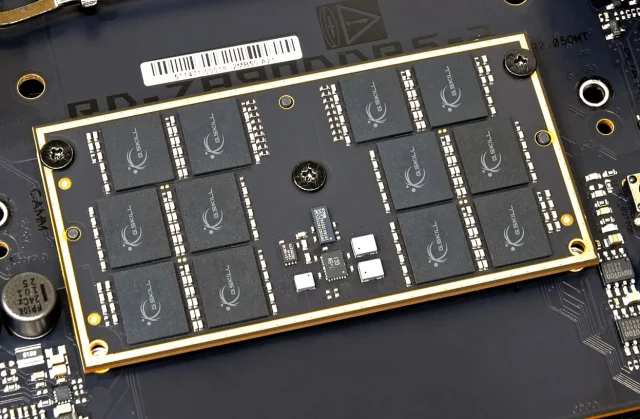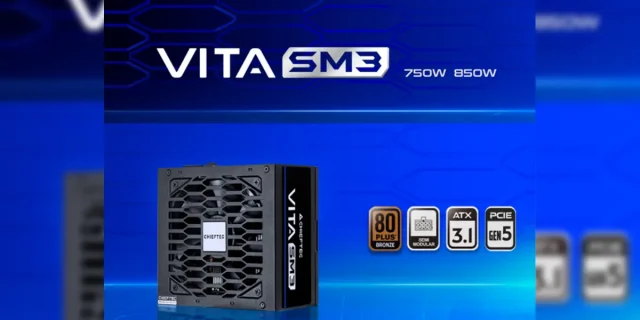For those who believe that blockchain gaming is the future, there was some welcome news this week as Apple announced it would allow Axie Infinity: Origins on the App Store. Thus far, Apple’s rules on NFT and crypto products have been a deterrent for many crypto-based games, but the launch of Origins – a “lite” version of NFT-based Axie Infinity – has been hailed as a win for blockchain gaming proponents. Despite the decentralized ideology of web3 enthusiasts, there is a consensus that traditional internet gatekeepers, like Apple, have to get on board to take blockchain gaming to the next level.
However, even if Origins is a success on the App Store, which is certainly not guaranteed, blockchain gaming still has a long way to go before we see mainstream adoption. On crypto-focused social media, you will often see posts describing blockchain gaming as the next big driver of web3 adoption. Proponents argue that once the floodgates open, there will be no stopping adoption of blockchain gaming. Some of the taglines are interesting, of course, including the idea of true in-game currencies, the ability to buy and sell virtual goods, and the concept of no central ownership structures or games. As you might expect, that also suggests a lot of overlap between blockchain and metaverse gaming.
Focus on tokenomics, not entertainment
Nonetheless, there are certain aspects that have had trouble as a selling point for blockchain gaming, notably play-to-earn (P2E). Axie Infinity is a good example of the P2E bubble, having had 2.5 million players at its peak. Many of those players were from the Phillippines, some of whom took to playing the game as a de facto job. A massive price decline in the game’s underlying token – not helped by a $600 million hack – has made the idea of working in the game seem somewhat preposterous. While Axie is not yet dead, there is a sense that the economics of the game, in terms of revenue from P2E, are on life-support. No matter what way it is presented, P2E can only exist as a de facto pyramid scheme with winners and losers.
Of course, we should not underestimate the appetite for social gaming. We have seen some evidence of this with the rise of US sweepstakes and social casinos online, which moves away from the traditional real-money gambling focus. Entertainment comes first on these platforms, which have soared in popularity in North America in particular. The point, as such, is that the emphasis on cash earning is sometimes not as high as one would think, and it is important to factor that in when it comes to blockchain gaming.
Console-quality games could arrive soon
And here’s the rub: If you take away the play-to-earn aspect of the vast majority of blockchain games, you are left with repetitive, dull experiences. Vitalik Buterin’s white paper on Ethereum is now ten years old, with the launch of the blockchain coming two years later. Ethereum is intended to be the new internet for decentralized applications, including games – where are all the fun games that would appeal to people not normally enthused by crypto and NFTs? Now, to be fair, there have been promises from the industry that premium games are coming, but one wonders whether the focus will be on entertainment or tokenomics.
So, is there hope for blockchain gaming? Sure. If you look at the work being done by Polygon, which is arguably the most astute blockchain project working with Web 2 brands (Polygon has partnerships with everyone from Starbucks to Nike), you might see some hope. Polygon’s CEO is Ryan Wyatt, the former Google exec who was largely responsible for the rise of YouTube Gaming. Wyatt is a gamer, and he knows that the mainstream adoption of blockchain games won’t come until there are titles capable of being as entertaining as Call of Duty or God of War.
And when that does come, you can be sure that the marketability of blockchain’s benefits will follow. But there are some big promises that have been made, and we have yet to see their fruition.











